During the winter months, when nature prepares for new life, Bulgarian tradition brings us a special holiday – Petlyovden (Rooster […]
Jordan Day | Epiphany
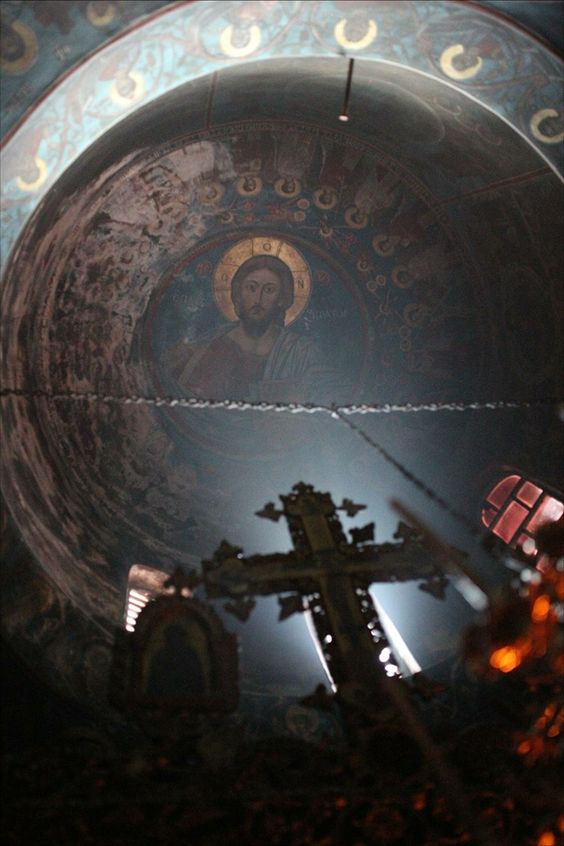
Epiphany is one of the most solemn church holidays and is always celebrated on 6st of January. This day is dedicated to the Holy Baptism of Jesus Christ in the Jordan River. According to the Orthodox calendar, Jordan’s Day commemorates the baptism of Jesus Christ performed by St. John the Baptist. Later, the Church decided to separate the holidays and since then the 25th of December is known as Christmas, and Epiphany is celebrated on the 6th of January. In Southwest Bulgaria, the Epiphany bathing rite is called Men's waters, and in the Rhodopes, it is called Haskane.
In various places in Bulgaria - Kalofer, Zverino, etc. on Epiphany, a spectacular male dance is performed in the icy waters of the rivers Tundzha, Iskar, etc. It is believed that anyone who enters the cold river will be protected from diseases throughout the year.
Legends
Epiphany is the day on which John the Baptist baptized his cousin Jesus Christ in the waters of the Jordan River. At the moment of baptism, the heavens opened and the Holy Spirit descended on Christ in the form of a dove. This is where the name of the Epiphany comes from, which is celebrated with a liturgy and a water feast. On Jordan Day, Christ immersed himself three times in the waters of the Jordan River. This act symbolizes the sacrament of death and the resurrection of the person in it. The sinful man, heir of Adam, dies, and the spiritually purified man is reborn and resurrected. After baptism begins the suffering, the true suffering of sin, and the redemption of earthly people.
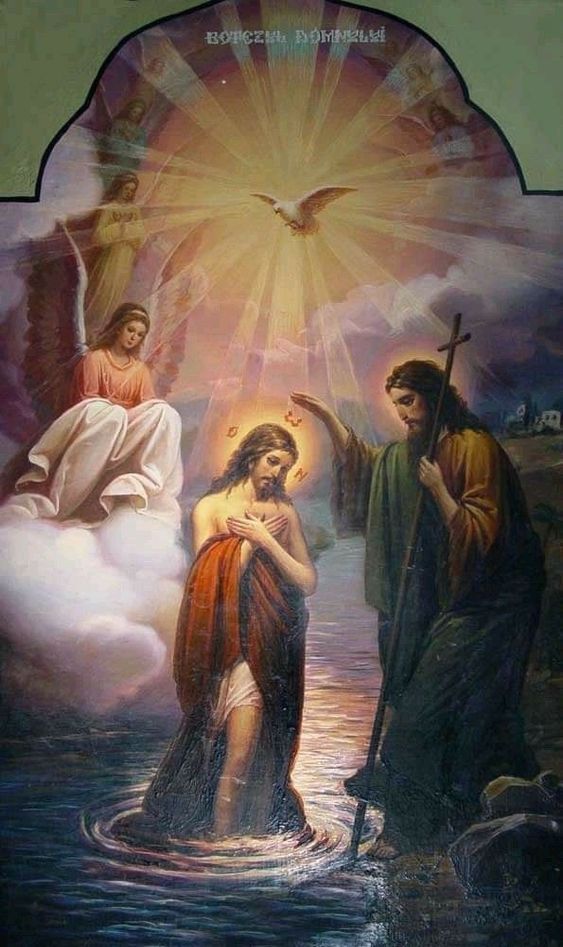
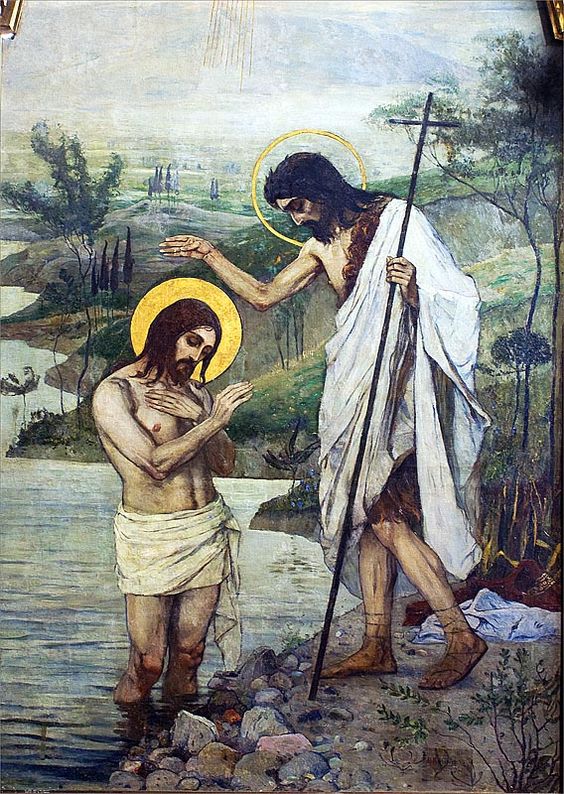
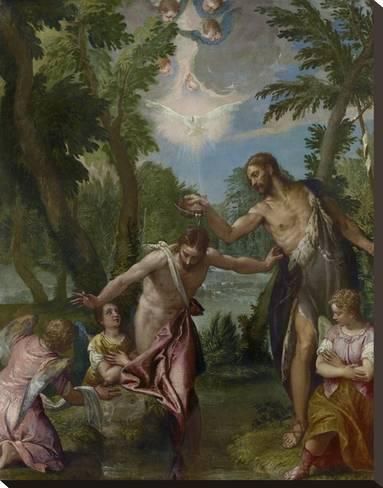
Tradition
According to folk beliefs, until this day, the days are dangerous and "karakonjul" and demons roam the earth - they are called "Dirty days", Pagans, Karakonjuvi days. With the baptism of water, the world acquires new values and power and becomes a safer place to live. The evil spirits are defeated and banished. Epiphany marks the end and closes the door to the evil world.
In Bulgaria, there is a long-lived tradition related to the date of the 6th of January. Usually, on Jordan’s Day, a ceremonial throw of a cross from the local church takes place. The ritual is put into practice wherever a water basin is available. Once the cross is thrown, men jump into the water and everyone tries to be the first to find it.
After the finding of the sacred object, a mass is served and everyone takes a quantity from the holy water in order to bring it back home as this water is believed to preserve people’s health.
Another memorable rite also takes place on the 6th of January in the water basin after the finding of the holy cross. All men gather together and form a traditional Bulgarian dance "Horo". This custom dates back to old times when men used to build a dam and they were the only ones who took part in the festive dance. This dance is intended for health, the fertility of the land, and good luck for the new year.
Kalofer is a Bulgarian city that is famous for the greatest performances of ritual dance and therefore attracts hundreds of people from all around the country.
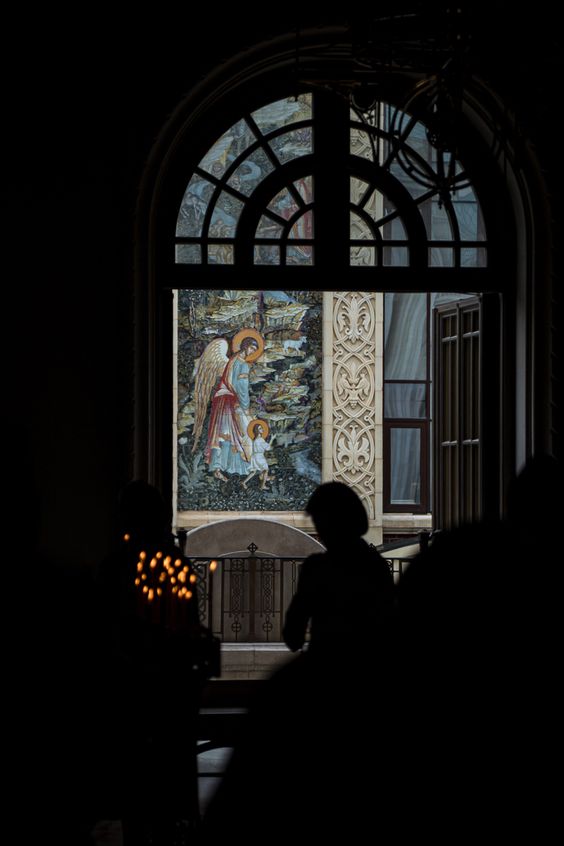
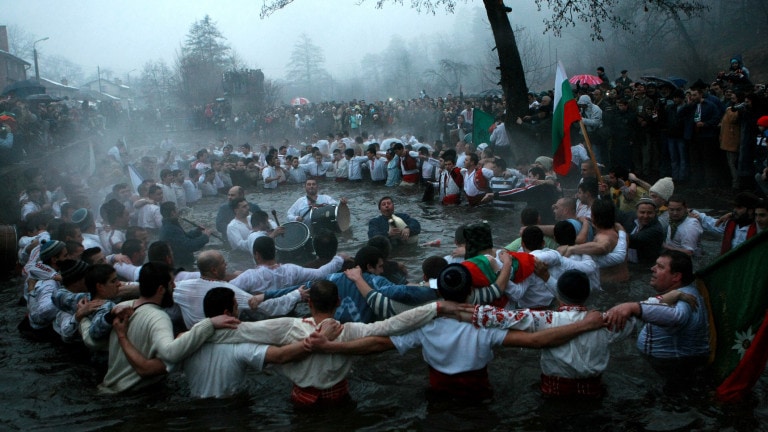

Superstition
- According to belief, at midnight before the holly day, the rivers stop flowing and become healing. The water on this day is believed to have sacred and healing properties and is therefore kept throughout the year.
- Old Bulgarians say that on the night before the day, the sky opens, and any wish spoken aloud will come true
- .
- The owners collect the ashes from the fireplace because it is believed that it also acquires healing power. They bring parts of the plow to the river, which they dip into the water so that all evil will flow away.
- In some parts of the country, after returning from church, people put an ax with the blade up, and everyone jumps over it to stop diseases.
- .
- Various fortune-telling for health and longevity is also done on this day. The maidens wash their faces with water to make them white and ruddy and guess whom they will marry.
- .
Traditional Food
On the eve of Jordan Day is the last, third incense dinner. Only lean foods are placed on the table - ritual fresh bread, sarmi with rice or bulgur, sauerkraut, stuffed peppers, beans, wine, as well as raw wheat, walnuts, and the unburnt candle from the second incense dinner. The candle which was burning at the table at the last incense supper is preserved, and when hail clouds come in the summer, it has to be lit, believing that this will stop the upcoming storm.
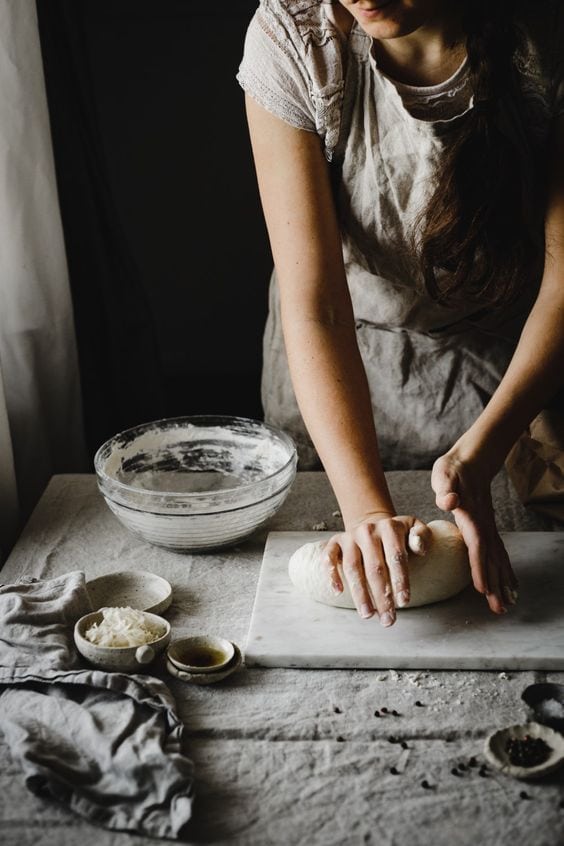
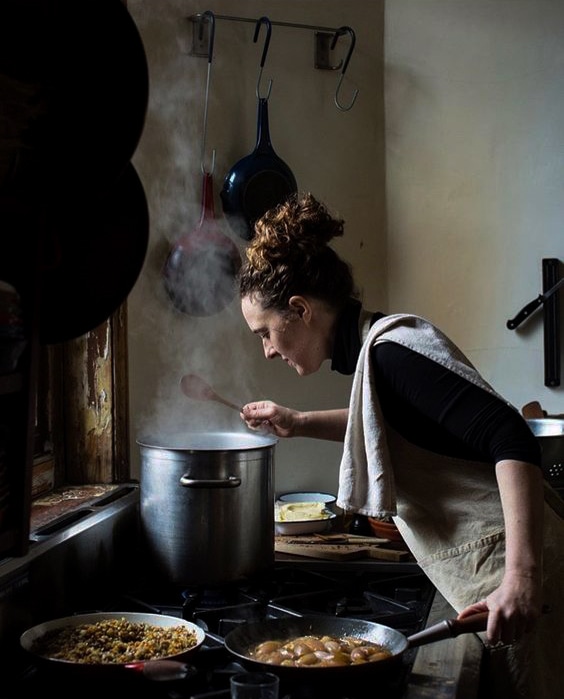
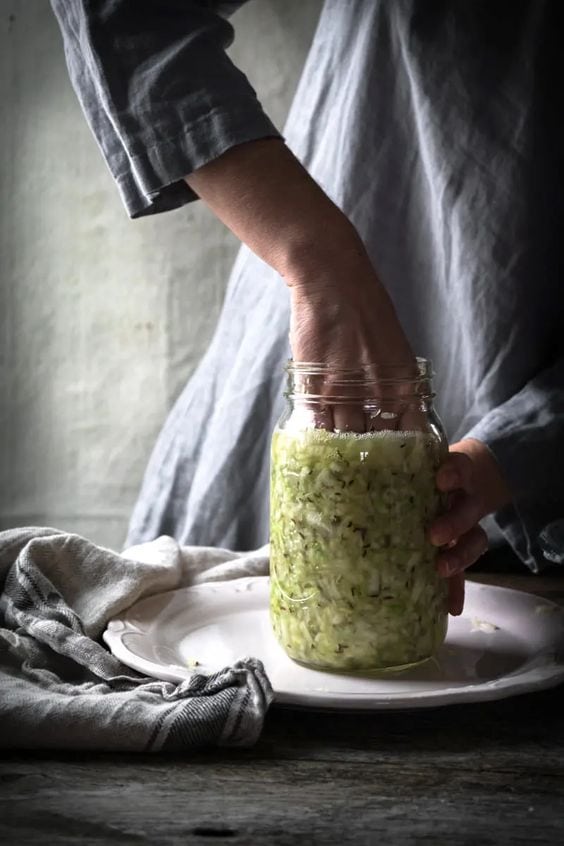
Name Days
The name day of Yordanovden is celebrated by Yordan, Yordanka, Dancho, Danka, Bogdan, Bogomil, Boril, Bistra, Nayden, Bozhidar, and Bozhidara.
